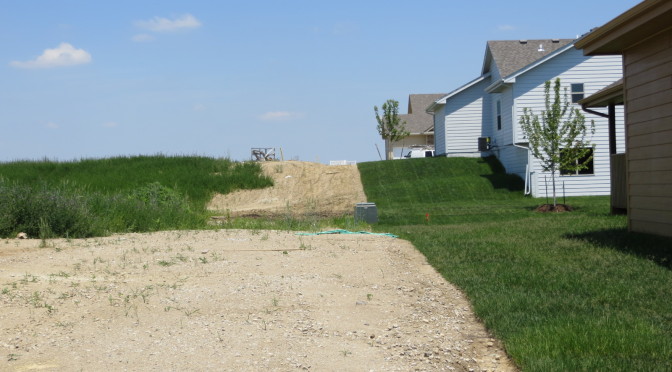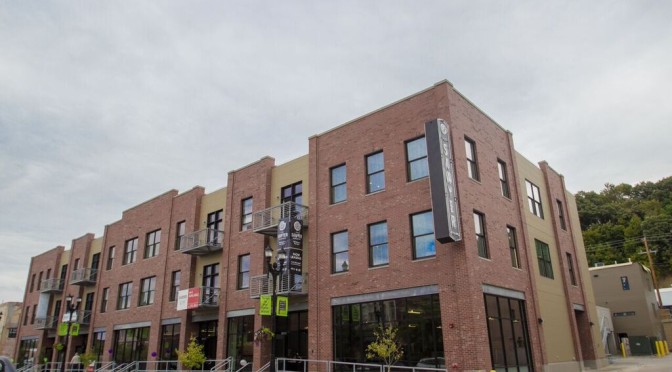
The Iowa Utilities Board voted to approve the Bakken Pipeline permit on Thursday, March 10 that will allow Dakota Access to build a 347-mile crude oil pipeline through the middle of our beautiful state.
Members of 1000 Friends of Iowa joined over 50 people from across Iowa who represent the Bakken Pipeline Resistance Coalition at the Iowa Utilities Board hearing today to show their opposition to the proposed Bakken Pipeline.
Despite opposition from landowners and Iowans of all walks of life, the IUB ignored our voices and better judgment, and set a dangerous precedent by granting the out-of-state corporation a permit to use eminent to take private farmland to build their pipeline.
However, the Bakken Pipeline is not a done deal. Dakota Access still has other permits that it must obtain. In addition, landowners along the proposed route are considering a lawsuit to challenge the use of eminent domain.
1000 Friends of Iowa needs your help to stop this! Here are two things you can do:
- Make your voice heard — Write a letter to the editor showing your opposition to the pipeline. Click here for talking points
- Contact your state legislators — Ask them to work to strengthen Iowa’s law to prevent eminent domain use for private gain. Click here to find your legislator
1000 Friends of Iowa has always opposed the notion of forcing private landowners to give up their property rights for corporate gain. We believe that this is, at the very least, an inappropriate, if not illegal, use of eminent domain.
Together, we can stop this pipeline. Also, please consider supporting our efforts to stop eminent domain abuse and promote responsible land use and clean energy to protect our air, water, and soil with a gift. We thank you for your support.
For inspiration on compelling letters to the editor, check out these three letters that appeared in Thursday’s paper by Matt Ohloff of Food & Water Watch; Brad Lint, executive director of Iowa Association for Justice; and Paul Lunde, candidate for the U. S. House of Representatives, District 4.
www.desmoinesregister.com/story/opinion/readers/2016/03/10/iowans-opposed-bakken-pipeline/81539600






 lopment Awards
lopment Awards